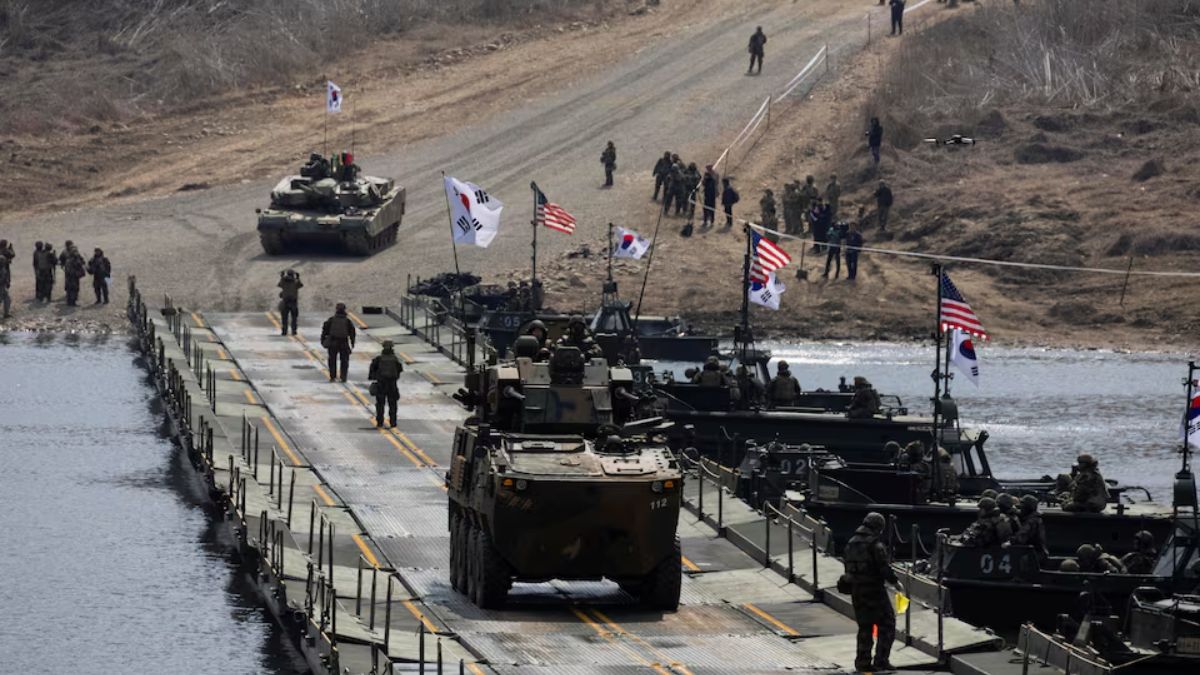U.S. and South Korean officials have engaged in discussions this week outlining their respective visions for a new agreement concerning the cost-sharing arrangement for maintaining American troops in South Korea.
Chief U.S. negotiator Linda Specht stated that both sides will continue consultations as needed to achieve a fair and equitable outcome under the 12th Special Measures Agreement (SMA).
The appointment of envoys last month marked the initiation of early talks aimed at reaching a new agreement before the potential return of former President Donald Trump in November. Trump, during his presidency, ciriticised South Korea for allegedly benefiting from U.S. military capabilities without adequate financial contribution.
The recent talks in Hawaii, held from Tuesday to Thursday, set the stage for negotiations on the 12th SMA. Specht highlighted the importance of strengthening and sustaining the alliance between the United States and South Korea through ongoing consultations.
While discussions are progressing ahead of schedule, U.S. officials do not view November as a rigid deadline. The presence of over 28,000 American troops in South Korea serves as a crucial deterrent against North Korea’s nuclear threat.
Since the early 1990s, South Korea has borne the costs associated with hosting American troops, covering expenses such as local labor, military infrastructure construction, and logistical support. Previous negotiations during Trump’s administration resulted in South Korea agreeing to a significant increase in its financial contribution.
Trump’s demand for a much higher financial commitment from Seoul led to protracted negotiations, ultimately resulting in a 13.9% increase in South Korea’s contribution compared to the previous pact.
Impact Shorts
More ShortsAccording to the U.S. Government Accountability Office, from 2016 to 2019, the U.S. Defense Department spent approximately $13.4 billion in South Korea on various military expenditures, while South Korea provided $5.8 billion to support the U.S. troop presence.
With the current agreement set to expire in 2025, negotiations for a successor pact typically take place just before the expiration of the existing agreement.
With inputs from agencies
)